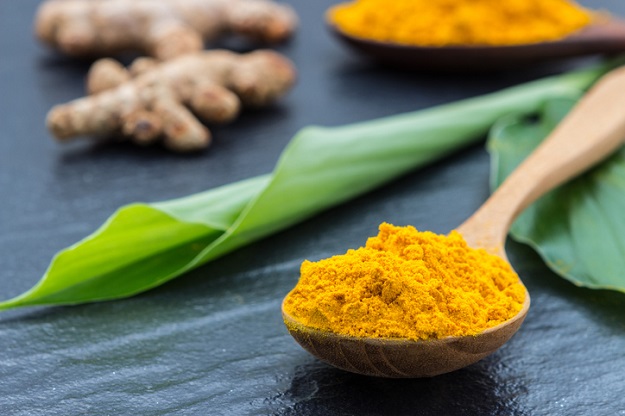Turmeric – What is it?
Turmeric contains the active compound curcumin, which has a variety of powerful anti-inflammatory actions. Trials in which it was given to arthritic patients have shown it to be similarly effective to anti -inflammatory drugs, without the side-effects.
Turmeric, as it turns out, is a potent COX 2 enzyme inhibitor, but it does not affect COX 1, which means that you get the pain reduction but not the gastrointestinal side-effects associated with anti-inflammatory drugs. On top of this, it’s a potent antioxidantAntioxidants are substances that protect cells within the body from damage caused by free radicals. They help to strengthen the body’s ability to fight infection…. Infact, in 1995 a patent was filed for turmeric as a ‘new’ discovery for the treatment of inflammation, but it was rejected after the Indian government challenged the patent on the grounds that turmeric had been used for that very reason for many years in India!
How could it help memory?
Even more exciting is recent research suggesting that turmeric could help prevent age-related memory loss. Research from the University of California has found that curcumin may be able to break up the ‘plaques’ that damage the brains of Alzheimer’s disease patients. Scientists found that curcumin, the active ingredient within turmeric, was able to reduce deposits of betaamyloidproteins in the brains of elderly lab mice that ate curcumin as part of their diets.1
When researchers added low doses of curcumin to humanbeta-amyloid proteins in a test tube, the compound kept the proteins from aggregating and blocked the formation of amyloid plaques.
The new findings suggest that curcumin could be capable of both treating Alzheimer’s and lowering a person’s risk of developing the disease,’ said study co-author Dr Gregory Cole of the University of California Los Angeles.
Extracts from The Alzheimer’s Prevention Plan by Patrick Holford, Piatkus, 2011.
References
1. Yang F. et al., ‘Curcumin inhibits formation of amyloid beta oligomers and fibrils, binds plaques, and reduces amyloid in vivo’, J Biol Chem, 280(7):5892-901 (2005)


Comments
Join the Conversation on our Facebook Page